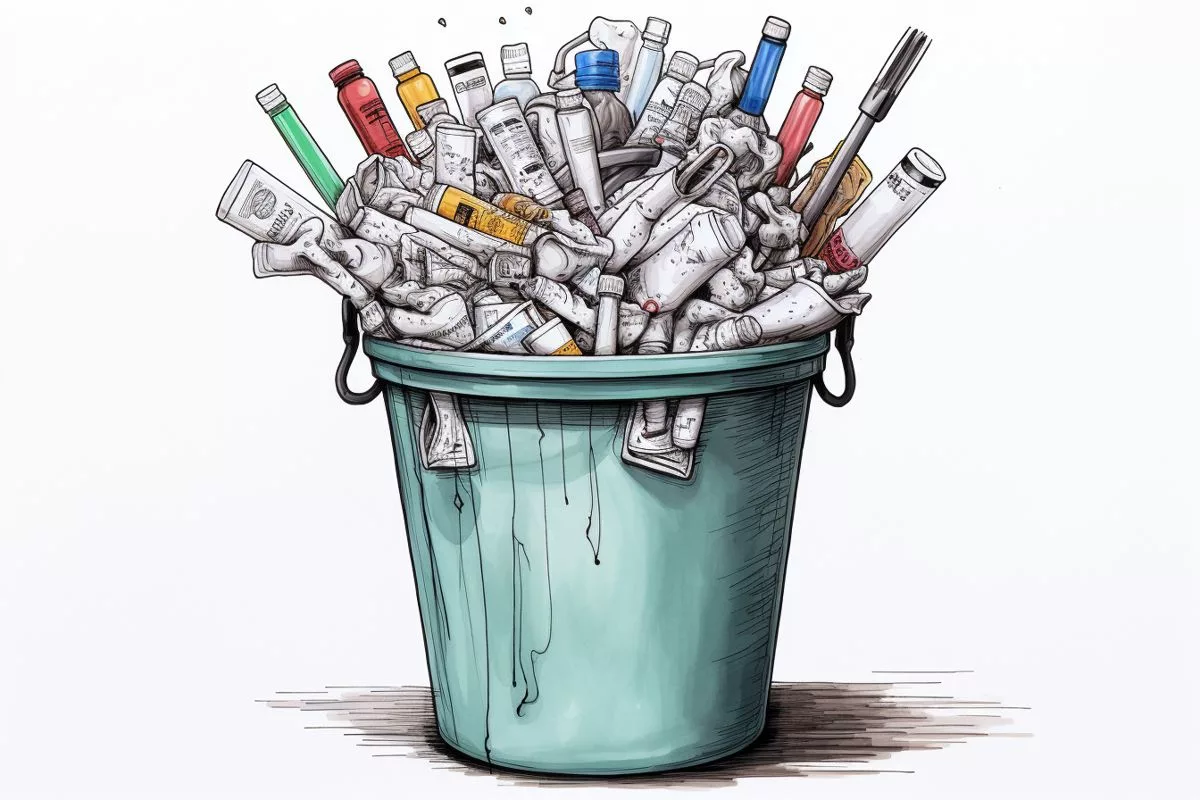South Africa’s Minister of Higher Education, Science, and Innovation, Blade Nzimande, has responded to the slander claims against him by CEO of Thuja Capital, Mthunzi Mdwaba, with a cease-and-desist letter, demanding that Mdwaba stop making slanderous comments and issue a written apology within a week. Minister Nzimande has also threatened legal action and compensation for the damage the allegations have caused to his reputation. The incident highlights the importance of integrity and maintaining a good reputation in the complex world of South African politics and serves as a warning against baseless accusations.
What is Blade Nzimande’s response to the slander claims by CEO of Thuja Capital, Mthunzi Mdwaba?
Minister Nzimande has presented Mr. Mdwaba with a cease-and-desist letter, urging him to stop the dissemination of slanderous content. He has made his readiness to take all required legal measures to protect his rights and seek compensation for the damage these statements have inflicted abundantly clear. The Minister has forwarded a list of requirements to Mr. Mdwaba, including the immediate cessation of all slanderous comments and a written apology addressed to the Minister within a week.
Section One: The Allegations
Within the intricate and stormy domain of South African politics, affiliations can shift as unpredictably as the weather, and charges can be launched as if they were missiles. A recent target of such an attack was Dr. Blade Nzimande, South Africa’s Minister of Higher Education, Science, and Innovation. The person pointing the finger is Mthunzi Mdwaba, the head of Thuja Capital, who has not shied away from expressing his criticism of Minister Nzimande on various media channels.
The slanderous comments have not only been entirely unfounded but have also inflicted significant harm to Minister Nzimande’s public image. For an individual as prominent as he is in politics, maintaining a solid reputation is crucial for his career. The Minister, recognized for his integrity, has strongly refuted these allegations, the most notable among them being a sinister bribery charge.
The claim posited that a representative, acting on behalf of the Minister, requested a substantial amount of money from Mr. Mdwaba. The sum, a staggering R500m referred to as “gateway fees” associated with a R500 billion UIF deal. Minister Nzimande has categorically declared that neither he nor anyone representing him made such a proposal to Mr. Mdwaba.
Section Two: The Response
Minister Nzimande’s retort has been emphatic and immediate. To salvage his smeared reputation and counter these falsified statements, he is presenting Mr. Mdwaba with a cease-and-desist letter, urging him to stop the dissemination of slanderous content. He has made his readiness to take all required legal measures to protect his rights and seek compensation for the damage these statements have inflicted abundantly clear.
To sidestep further legal implications, the Minister has forwarded a list of requirements to Mr. Mdwaba. These entail the immediate cessation of all slanderous comments, whether they are made publicly or privately, and a written apology addressed to the Minister within a week. Additionally, the CEO has been advised to desist from spreading any falsified information about the Minister and to persuade those who have received such information to ignore it.
Any failure to adhere to these requests will leave Minister Nzimande with no alternative but to initiate a lawsuit against Mr. Mdwaba. In the convoluted world of politics, a good reputation serves as a shield for a politician, and any assault on it can have severe consequences. Minister Nzimande’s actions are a testament to this, highlighting the boundaries of political conversation and emphasizing the significance of honesty and integrity in this arena.
Section Three: The Implications
The current situation is a stark indication of the gravity of defamation. Baseless accusations can not only tarnish reputations but also lead to serious legal repercussions. It stands as a warning to those who might thoughtlessly besmirch another’s reputation.
As the events continue to unfold, we can only guess what the subsequent developments will be. The allegations have cast a harsh spotlight on the complex network of South African politics, emphasizing the importance of maintaining a good reputation and the tireless pursuit of integrity. In response to these accusations, Minister Nzimande has stepped forward to protect his honor, demonstrating his commitment to preserve his reputation and showcasing the true measure of his character.
At present, Minister Nzimande’s firm denial and prompt legal response against the accusations serve as a message to the observers – a message of resilience, integrity, and a stern stand against slander. Through his actions, the Minister is not only defending his personal honor but also the honor of the office he occupies, the government he symbolizes, and the citizens he represents.
1. What are the allegations against Blade Nzimande by CEO of Thuja Capital, Mthunzi Mdwaba?
Mthunzi Mdwaba has accused Blade Nzimande of requesting a bribe of R500 million from him on behalf of a third party, which the Minister has denied.
2. What has Blade Nzimande done in response to the allegations?
Blade Nzimande has presented Mr. Mdwaba with a cease-and-desist letter, demanding that he stop making slanderous comments and issue a written apology within a week. The Minister has also threatened legal action and compensation for the damage the allegations have caused to his reputation.
3. What are the implications of these allegations and response?
This situation highlights the importance of integrity and maintaining a good reputation in the complex world of South African politics and serves as a warning against baseless accusations. Defamation can have serious legal repercussions and tarnish reputations.
4. What is the significance of maintaining a good reputation in politics?
Maintaining a good reputation in politics is crucial for a politician’s career as it serves as a shield against assaults on their character and can have severe consequences if tarnished.
5. How has Blade Nzimande demonstrated his commitment to preserving his reputation?
Blade Nzimande’s firm denial and prompt legal response against the allegations demonstrate his commitment to preserving his reputation and showcasing his character.
6. What message does Blade Nzimande’s response send to the observers?
Blade Nzimande’s response sends a message of resilience, integrity, and a stern stand against slander. He is not only defending his personal honor but also the honor of the office he occupies, the government he symbolizes, and the citizens he represents.








